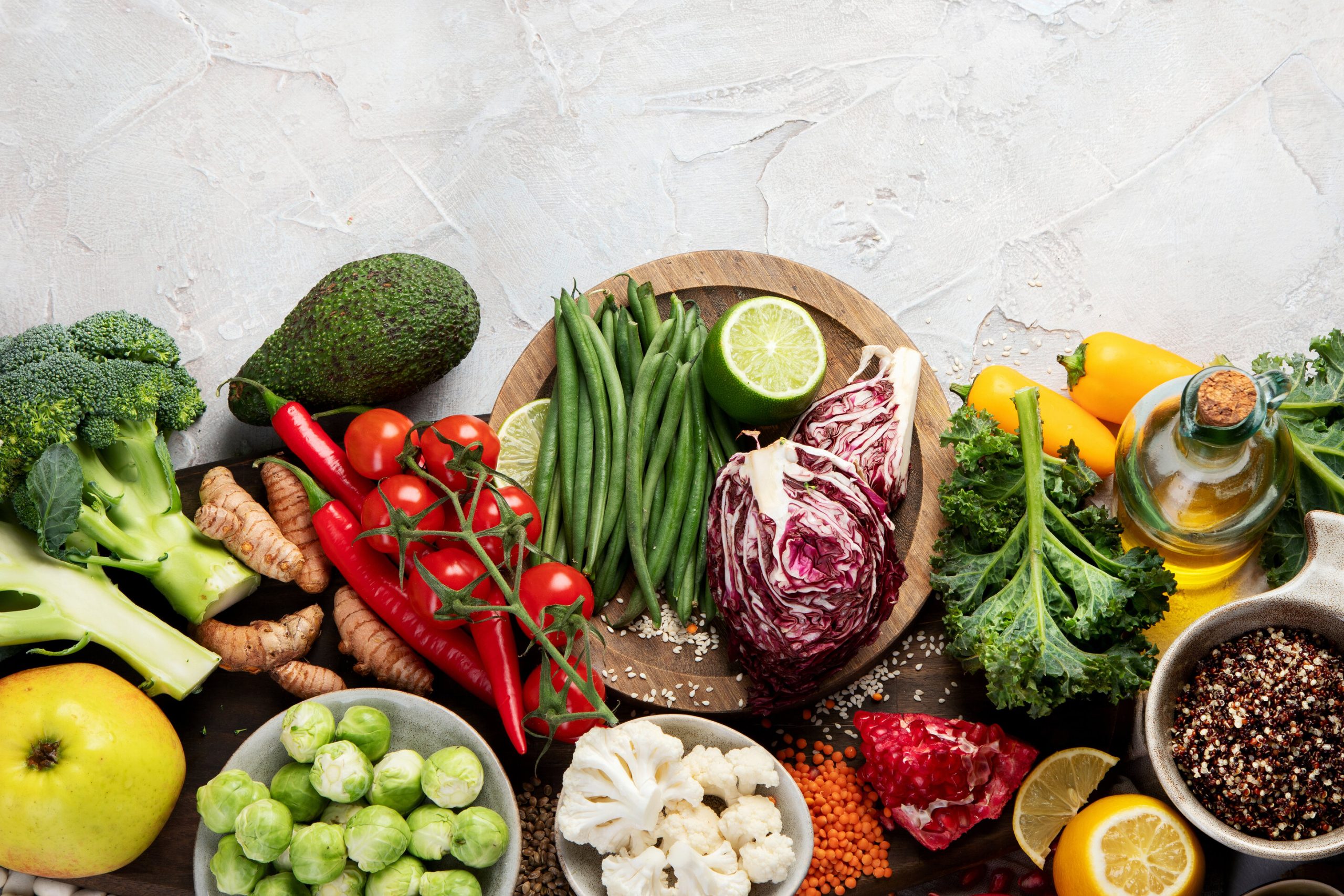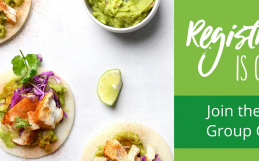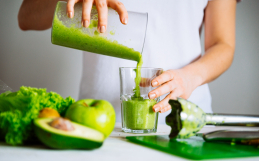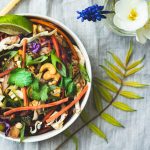Worried about your gut health? If so, you’re not the only one. Maintaining a healthy microbiome has become a huge focus in the wellness world.
By now most of us know the importance of eating fermented foods to get a regular dose of probiotics. Prebiotics have even received their fair share of the limelight in recent years.
But have you heard of postbiotics?
What are postbiotics?
Postbiotics are a less-talked-about piece of the healthy gut puzzle. They’re the health-benefiting compounds that the microbes in your gut produce when they eat prebiotics.
In other words, they’re the cherry on top of the microbe sundae. The real “bang for your buck”!
Some examples of postbiotics are short-chain fatty acids (SCFAs) like butyrate, enzymes, and even some vitamins and amino acids.
Butyrate is probably the most well-known postbiotic. It’s created quite a buzz in the wellness world for its immune-boosting and gut barrier-protecting properties.
And these aren’t the only postbiotic benefits! Let’s dive in deeper.
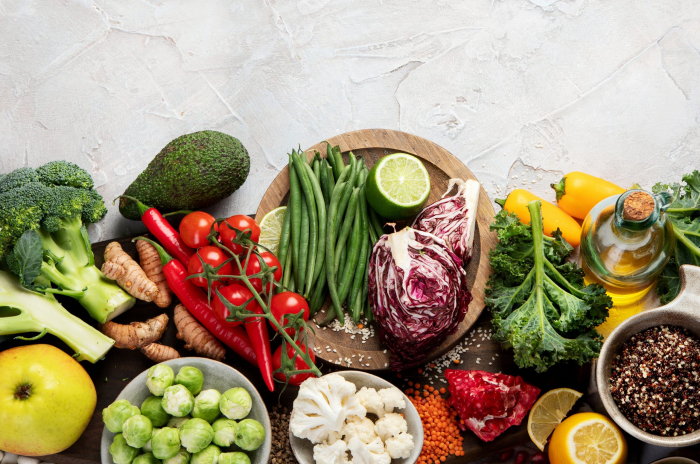
What are the benefits?
Postbiotics aren’t just great for your gut health. Here are some of the ways they help your body:
- Strengthening your immune system by stimulating immune cells
- Reducing inflammation by increasing the number of anti-inflammatory proteins
- Reducing digestive symptoms like bloating and diarrhea
- Regulating blood sugar levels
- Reducing allergy symptoms
- Lowering the risk of heart disease
- Helping with weight loss
If you ask us, that’s quite the impressive list! Reading all of these benefits probably has you thinking “okay, so where do I get these amazing panaceas of gut health??”
How to get them
The ideal way to get postbiotics is to feed the bacteria that produce them! Eating a diet that’s rich in prebiotics will keep your microbiome happy, healthy, and churning out these powerful byproducts that help keep your body in ship-shape.
Here are some prebiotic-rich foods to focus on:
- Whole grains like oats, rice, and barley. Any whole grain will do the trick (gluten-free grains included)! The best way to get the most prebiotics out of your whole grains is to cook them and then refrigerate them overnight (or make overnight oats). They develop a film of resistant starch when cooled that will make your microbes very happy.
- Vegetables like asparagus (make sure you include the bottoms of the stalks as well!), artichokes, and dandelion greens. Bitter and fibrous veggies are particularly helpful here.
- Fruits like apples, pears, and kiwis — any high-fiber fruit that you love will work.
- Alliums like garlic, onions, and leeks.
- Legumes of all kinds like chickpeas, beans, and lentils.
Getting enough dietary fiber is crucial for postbiotics. Low-carb and high-protein diets have actually been shown to reduce overall postbiotic production in the gut because they reduce the diversity of microbial populations.
If you’re unable to eat any of these foods due to a digestive disorder or condition such as IBD, IBS, or SIBO, opt for supplements. Butyrate supplements are particularly accessible and they’re super helpful for digestive health.
Postbiotics are powerhouses for your overall health and wellbeing. Whether your microbiome produces them or you supplement them in, your body will thank you!
With love and happy gut bugs,
The Conscious Cleanse Team
If you liked this post, we invite you to join our online community! When you join, you’ll receive more healthy lifestyle tips and new recipes. As a welcome gift, we’ll send you our FREE Taste of the Conscious Cleanse Ecookbook!
Welcome! We’re so glad you’re here.
